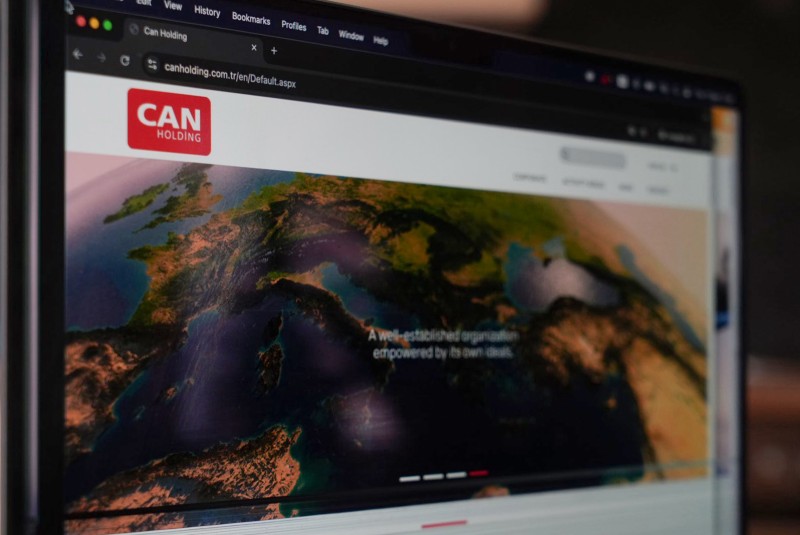Turkish authorities on Thursday seized Can Holding, a powerful conglomerate with major interests in media and education, as part of a sweeping investigation into alleged money laundering, tax evasion, and organized crime.
The Istanbul Chief Public Prosecutor’s Office said in a statement it ordered trustees to take control of 121 companies tied to the group. The holding owns television channels Haberturk, Show TV and Bloomberg HT, as well as Istanbul Bilgi University and the Doğa Koleji private school chain. The companies have been placed under the management of Turkey’s Savings Deposit Insurance Fund, a state agency that often takes over troubled firms.
Authorities said the probe targets allegations of fraud, smuggling, and laundering illicit funds. Raids earlier in the day led to the detention of 10 people. Prosecutors accuse Can Holding’s owners, Kemal Can and Mehmet Şakir Can, of creating a network of companies to disguise the movement of illegal money.
In the statement, prosecutors alleged the group funneled large sums of untraceable cash into its businesses, shuffled funds between firms with fake invoices, and misused capital increases to inject illicit money into dormant companies. Investigators say the scheme exploited Turkey’s so-called “Asset Peace” laws, which allowed money held abroad to be repatriated with minimal scrutiny before the program expired in March 2023.
The prosecutor’s office also said the scheme allowed the holding to expand into media, education, finance, and energy, using illicit profits to “strengthen economic power and gain public legitimacy.”
The seizure was announced live on Haberturk TV, when anchor Mesut Yar told viewers the channel’s parent company had been taken over by state authorities. Similar to many other Turkish outlets, Haberturk generally takes a supportive stance toward the government of President Recep Tayyip Erdogan.
Erol Önderoğlu, Turkey representative for Reporters Without Borders (RSF), said the case underscores the lack of transparency in Turkey’s media sector and the risk of further government dominance. He noted that alarm bells had already rung in December 2024, when Ciner Group sold the networks to Can Holding despite the conglomerate’s controversial business past.
“In a sector which is not transparent and in a country where editorial independence is almost none … this transition of assets was astonishing enough,” Önderoğlu told OCCRP.
He warned that the state takeover could deepen government influence over an already restricted press. “Maybe this operation is legitimate, but the result … is that it might be used for consolidating the government impact not only on the financial sector, but also on the media landscape,” he said.
More than 85 percent of Turkey’s mainstream media is already under direct or indirect government control, according to RSF. Önderoğlu said the future of outlets like Haberturk, Bloomberg HT, and Show TV is now at risk of becoming another example of consolidation.
“Media is so important to control, and media is so important to be kept clean and transparent for a healthy information landscape,” he said, warning that years of political corruption and clientelism have left Turkey’s media environment on “dirty ground” and threatened independent reporting.






